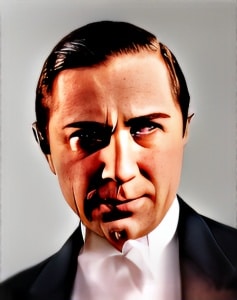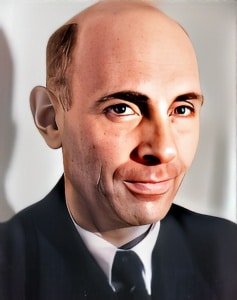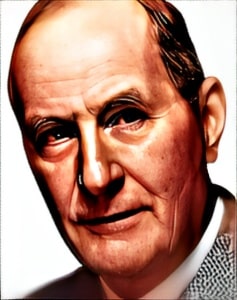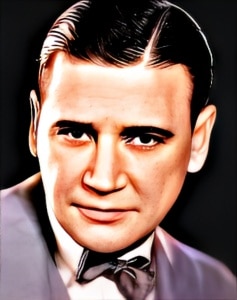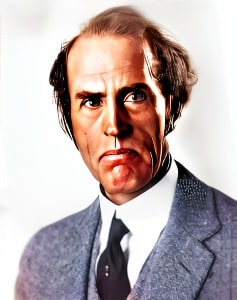 Nelson McDowell, born on June 20, 1870, in Trenton, New Jersey, was an American actor who made notable contributions to American cinema during the early years of film.
Nelson McDowell, born on June 20, 1870, in Trenton, New Jersey, was an American actor who made notable contributions to American cinema during the early years of film.
He had a successful career in both silent and sound films, particularly known for his versatility and ability to play a wide range of roles.
McDowell’s acting career began in the late 19th century, and he transitioned from stage acting to silent films as the medium was emerging. He quickly established himself as a character actor, often playing supporting or antagonist roles in various film productions.
One of his notable early roles was in the 1914 silent film “ The Avenging Conscience,” directed by D.W. Griffith. In this psychological thriller based on an Edgar Allan Poe poem, McDowell played the role of the protagonist’s wicked uncle. The film was one of the earliest examples of psychological horror in cinema.
As the film industry transitioned to sound in the late 1920s, many silent film actors faced challenges in adapting to the new medium. Nelson McDowell, however, successfully made the leap to sound cinema, continuing his acting career in films with spoken dialogue.
One of his sound film appearances was in the 1931 film “The Public Defender,” a crime drama directed by J. Walter Ruben. McDowell played a supporting role in this film, showcasing his adaptability as an actor in the changing landscape of the film industry.
While he may not be as widely recognized as some leading stars of his time, Nelson McDowell’s contributions to the early years of American cinema are remembered as an important part of Hollywood’s history. His ability to adapt to changing technologies and his talent as a character actor marked him as an influential figure in the film industry during a transformative period.
He continued to work in films until his retirement from acting. Nelson McDowell passed away on September 23, 1947, marking the end of a career that played a crucial role in the early development of American cinema. His work remains a part of the rich history of the film industry, reflecting the collaborative and pioneering spirit of the early film era.
Loading live eBay listings...

